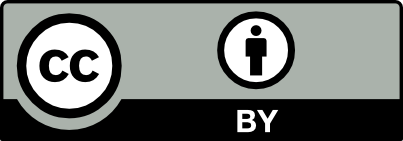Impacto de las Herramientas Lean en el consumo de energía
DOI:
https://doi.org/10.18046/syt.v9i19.1093Palabras clave:
Lean Manufacturing, mapas de la cadena de valor, consumo energéticoResumen
Los principios de Lean Manufacturing se usan principalmente para mejorar la productividad, reducir el tiempo de entrega y eliminar desperdicios. Los impactos en consumo de energía también se pueden estimar usando principios de Lean. El objetivo de este artículo es el de medir el impacto del uso de herramientas de Lean Manufacturing en el consumo de energía, partiendo del supuesto de que su aplicación debería reducirlo. La metodología evalúa y documenta la utilización de la energía como parte de la elaboración de Mapas de la Cadena de Valor. Finalmente se presenta una aplicación piloto en una empresa industrial.
Referencias
Kuriger, G., & Chen,F. (2010). Lean and green: A current state view. Proceedings of the 2010 Industrial Engineering Research Conference. http://b-dig.iie.org.mx/BibDig/P10-0659/IIE2010/pdf/ierc/892.pdf
Moreira, F., Alves, A., & Sousa, R. (2010). Towards eco-efficient lean production systems. In IFIP Advances in Information and Communication Technology 322 (pp. 100-108). Boston, MA: Springer. doi: 10.1007/978-3-642-14341-0
Rooney, S., & Rooney, J. (2005, Junio). Lean glossary. Quality Progress, 41-47. Retrieved from: http://www.sqp.asq.org/pub/qualityprogress/past/0605/qp0605rooney.pdf
Rother, M., & Shook, J. (1999). Learning to see: Value stream mapping to add value and eliminate MUDA. Cambridge, MA: Lean Enterprise Institute.
Seryak, J., Epstein, G., & D'Antonio, M. (2006). Lost opportunities in industrial energy efficiency: New production, lean manufacturing and lean energy. http://repository.tamu.edu/bitstream/handle/1969.1/5653/ESL-IE-06-05-36.pdf?sequence=4
United States Environmental Protection Agency [EPA]. (2007). The lean and energy toolkit: Achieving process excellence using less energy. Retrieved from: http://www.epa.gov/lean/environment/toolkits/energy/resources/Lean-Energy-Toolkit.pdf
Descargas
Publicado
Número
Sección
Licencia
Esta publicación está licenciada bajo los términos de la licencia CC BY 4.0 (https://creativecommons.org/licenses/by/4.0/deed.es)


